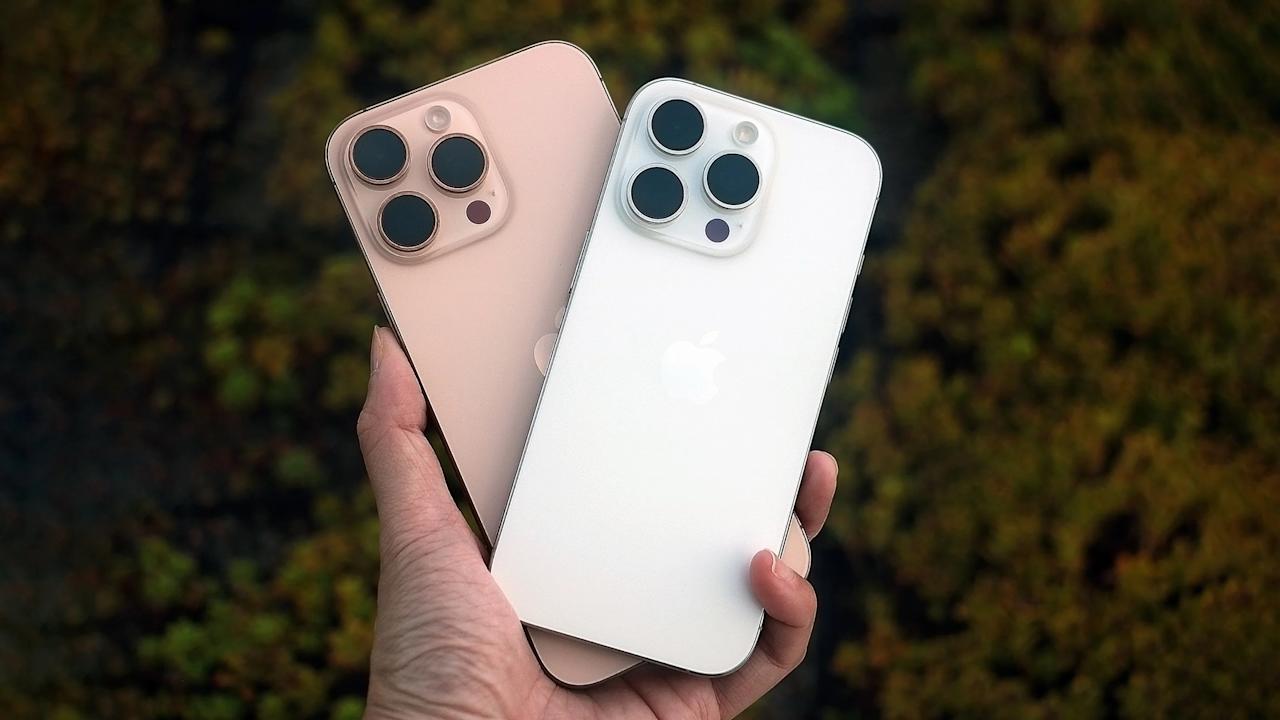
Introduction:
In the fast-paced world of real estate, having the right tools is crucial, and a laptop tailored to meet the unique needs of real estate agents can be a game-changer. This comprehensive guide will walk you through the essential features and considerations, helping you choose the best laptop for real estate agents that aligns with your professional requirements.
Factors to Consider When Choosing the Best Laptop for Real Estate Agents
Purposeful Portability
Selecting a laptop that strikes a balance between portability and performance is vital for real estate agents who are always on the move. Laptops with lightweight designs, such as the Dell XPS 13 and MacBook Air, provide the needed portability without compromising on power.
Seamless Multitasking
Efficient multitasking capabilities are essential for real estate agents managing numerous applications simultaneously. Look for laptops equipped with robust processors like the Intel Core i7 or AMD Ryzen 7, ensuring seamless multitasking for increased productivity.
Crisp Display for Property Visuals
A high-resolution display is paramount for real estate agents who frequently showcase property visuals. Opt for laptops with vivid and sharp displays, such as the ASUS ZenBook or HP Spectre x360, ensuring that property images and videos leave a lasting impression.
Long-lasting Battery Life
In the world of real estate, unpredictable schedules are the norm. A laptop with long battery life ensures that you stay connected throughout the day, even when working remotely. Consider laptops like the Lenovo ThinkPad X1 Carbon or MacBook Pro for extended battery performance.
- Dell XPS 13
-
- Processor: Intel Core i5-1135G7 Quad-Core (2.4GHz base, up to 4.2GHz)
- RAM: 8GB LPDDR4x
- Storage: 256GB SSD
- Graphics: Intel Iris Xe Graphics
- Display: 13.4-inch InfinityEdge FHD+ (1920 x 1200)
Pros:
- Premium build quality.
- Compact and lightweight.
- Sharp and vibrant display.
Cons:
- Higher price point.
- Limited port options.
- HP Spectre x360
-
- Processor: Intel Core i7-1165G7 Quad-Core (2.8GHz base, up to 4.7GHz)
- RAM: 16GB DDR4
- Storage: 512GB SSD
- Graphics: Intel Iris Xe Graphics
- Display: 13.3-inch Full HD Touchscreen (1920 x 1080)
Pros:
- 2-in-1 convertible design.
- High RAM for multitasking.
- Bright and responsive touchscreen.
Cons:
- Higher price.
- Slightly heavier than some competitors.
- Lenovo ThinkPad X1 Carbon
-
- Processor: Intel Core i5-1135G7 Quad-Core (2.4GHz base, up to 4.2GHz)
- RAM: 8GB LPDDR4x
- Storage: 256GB SSD
- Graphics: Intel Iris Xe Graphics
- Display: 14-inch Full HD IPS (1920 x 1080)
Pros:
- Durable and business-oriented design.
- Rapid charge feature.
- Excellent keyboard and trackpad.
Cons:
- Price might be higher for some budgets.
- Limited dedicated graphics options.
- ASUS ZenBook 14
-
- Processor: AMD Ryzen 7 4700U Octa-Core (2.0GHz base, up to 4.1GHz)
- RAM: 16GB LPDDR4X
- Storage: 512GB SSD
- Graphics: Integrated AMD Radeon Graphics
- Display: 14-inch Full HD NanoEdge (1920 x 1080)
Pros:
- Powerful AMD processor.
- Compact and lightweight.
- Ample RAM for multitasking.
Cons:
- Integrated graphics may limit some graphical tasks.
- Limited port selection.
- Acer Swift 3
-
- Processor: AMD Ryzen 7 4700U Octa-Core (2.0GHz base, up to 4.1GHz)
- RAM: 8GB LPDDR4
- Storage: 512GB SSD
- Graphics: Integrated AMD Radeon Graphics
- Display: 14-inch Full HD IPS (1920 x 1080)
Pros:
- Powerful AMD processor.
- Large SSD storage.
- Slim and lightweight design.
Cons:
- Integrated graphics.
- Limited RAM for some power users.
- Microsoft Surface Laptop 4
-
- Processor: Intel Core i5-1135G7 Quad-Core (2.4GHz base, up to 4.2GHz)
- RAM: 8GB or 16GB LPDDR4x
- Storage: 256GB or 512GB SSD
- Graphics: Intel Iris Xe Graphics
- Display: 13.5-inch PixelSense Touchscreen (2256 x 1504)
Pros:
- Premium build and design.
- High-resolution touchscreen display.
- Comfortable keyboard.
Cons:
- Higher price range.
- Limited port variety.
Ample Storage for Property Data
Real estate agents deal with a multitude of data, from high-resolution images to extensive property databases. Choose a laptop with ample storage, such as the Microsoft Surface Laptop or Dell Inspiron, to accommodate all your essential files without compromising speed.
Secure Your Transactions
Security is paramount, especially when handling sensitive client information and financial transactions. Laptops equipped with advanced security features, such as fingerprint scanners or facial recognition, like the HP Elite Dragonfly, add an extra layer of protection to your data.
Ergonomic Design for Extended Use
Considering the long hours spent working on property listings and client communications, an ergonomically designed laptop is a must. Laptops like the Lenovo Yoga C940 or Microsoft Surface Book 3 provide comfort during extended use, reducing the risk of strain or discomfort.
Connectivity for Virtual Tours and Meetings
Real estate transactions increasingly involve virtual tours and online meetings. Ensure your laptop has robust connectivity options like fast Wi-Fi, Bluetooth, and USB ports, facilitating seamless virtual interactions with clients.
Top-notch Audio for Virtual Presentations
For real estate agents conducting virtual property presentations, excellent audio quality is non-negotiable. Laptops with advanced audio systems, such as the MacBook Pro or Dell XPS 15, enhance the overall virtual experience for your clients.
Best Laptop for Real Estate Agents: FAQs
Q: Can I use a budget laptop for real estate work?
Absolutely, there are budget-friendly options like the Acer Aspire 5 or HP Pavilion that offer excellent performance for basic real estate tasks.
Q: Are touchscreen laptops beneficial for real estate agents?
Touchscreen laptops, like the Microsoft Surface Laptop 4, can enhance the interactive aspect of property presentations but are not essential for all agents.
Q: What operating system is recommended for real estate work?
Both Windows and macOS are suitable, but real estate software compatibility and personal preference play a role. The Dell XPS 13 with Windows or MacBook Air with macOS are excellent choices.
Q: How much RAM is sufficient for real estate-related multitasking?
For seamless multitasking, aim for at least 8GB of RAM. Laptops like the ASUS VivoBook or MacBook Air meet this requirement.
Q: Is it essential to invest in a dedicated graphics card for real estate tasks?
While not mandatory, a dedicated graphics card, as found in laptops like the Dell Inspiron 15 or MacBook Pro, can enhance performance for graphic-intensive tasks.
Q: Can I use a Chromebook for real estate work?
While Chromebooks are budget-friendly, they may have limitations with certain real estate software. Consider a more versatile option like the Google Pixelbook for added compatibility.
Conclusion:
Choosing the best laptop for real estate agents is a pivotal decision that can significantly impact your efficiency and success in the competitive real estate industry. By considering factors such as portability, performance, display quality, and security features, you can make an informed choice that aligns with your unique professional needs.







